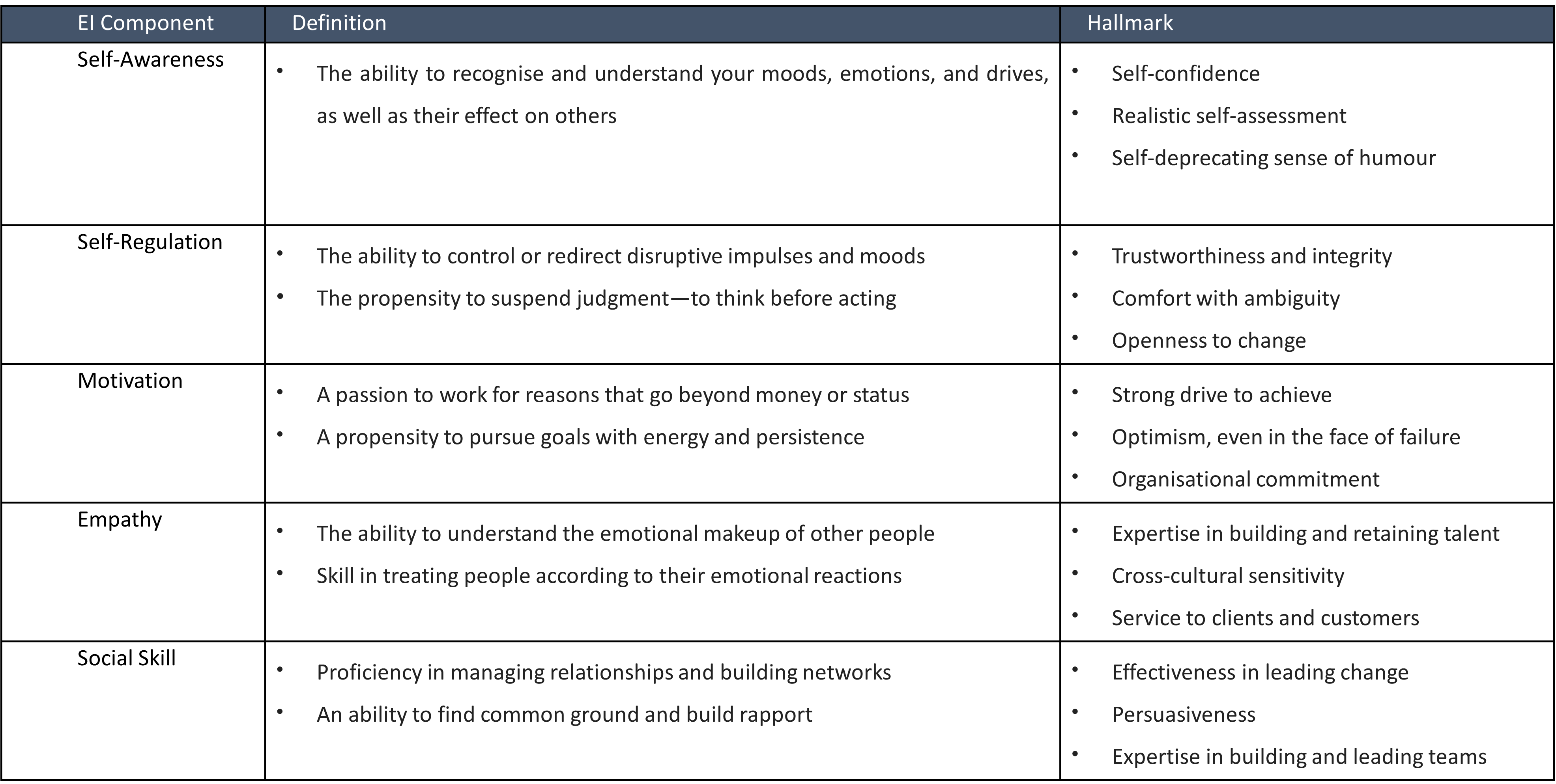Evolving leadership for AI delivery


Artificial intelligence, or AI, has rapidly become a transformative force in the world of business and leadership. With its ability to analyse vast amounts of data and make sophisticated decisions, AI is helping organisations to become more efficient, effective, and competitive.
As a result, many leaders are turning to AI to help them navigate the complex challenges of the modern business environment and drive their organisations forward. But how does this rapid growth in AI impact the skills and competencies in the field of leadership? This article will explore key points for executives to consider as their leadership evolves to support AI delivery
To fully appreciate the transformational force of AI, the above paragraph was not written by the author. The initial paragraph was written by ChatGPT 1. ChatGPT is a chatbot developed by OpenAI, launched in November 2022, which many of you will be aware of.
As the media storm around ChatGPT shows, AI has moved in to occupy practically every corner of our life. From smart devices at home, to wearable health technology, to being deployed in Financial Services to support multiple use-cases, AI is becoming an integral part of the technology stack.
Given the significant momentum behind AI, it is critical for leaders to understand how their leadership needs to evolve to support and drive this technology forward within their organisations. This article focuses on this topic and looks to provide thoughts and direction for leaders as they look to lead their organisation through the 4th Industrial Revolution. Specifically:
- What leadership skills are required to drive AI adoption?
- How can Emotional Intelligence (EI) relate to supporting and delivering AI initiatives?
- What are the key considerations for leaders when enabling AI across the organisation?
Leadership and AI
Daniel Goleman, one of the seminal thinkers and authors on Leadership and Emotional Intelligence, has conducted extensive research on the role of Emotional Intelligence in leadership. In his Harvard Business Review paper of 2004, ‘What Makes A Leader’, Goleman highlights 5 components of Emotional Intelligence that leaders require.
 Table 1. the 5 Components of Emotional Intelligence 2
Table 1. the 5 Components of Emotional Intelligence 2
How can this model be applied to the delivery of AI Initiatives? What attributes and considerations should leaders be aware of to support the delivery of AI initiatives? Table 2 addresses these questions and provides an assessment of 5 EI Components and how they relate to the delivery of AI.
[caption id="attachment_1060993" align="alignnone" width="3944"] Table 2. The 5 Components of Emotional Intelligence – Considerations for AI Leaders
Table 2. The 5 Components of Emotional Intelligence – Considerations for AI Leaders
By focusing on and addressing the above points, leaders can possess the necessary framework and considerations to deliver AI initiatives in their organisation. This can empower leaders to be in a position to actively support their teams through their AI journey.
Mindset of Emotionally Intelligent Leaders
Following decades of research, Stanford University psychologist Carol S. Dweck, discovered a novel, but essential idea termed ‘Mindset’. Mindset can play a significant role in developing and supporting Emotionally Intelligent leaders looking to drive their AI initiatives.
The concept of Mindset is broken down into two different types3. According to Dweck, those with a Fixed Mindset believe that their abilities and skills cannot develop or change. The introduction of new advances and applications with AI is something that would gravely concern them, nor would they be keen on embracing or supporting these initiatives.
However, those with a Growth Mindset appreciate that their abilities and skills are ever evolving and growing. Their view of introducing AI in the workplace would be greeted with excitement, enthusiasm and a drive to experiment.
Dweck notes that we all have different levels of Fixed and Growth Mindsets, depending on the situation. Dweck also points out that, a Growth Mindset is something that can be taught and developed over time.
Therefore, it becomes imperative for leaders looking to drive AI initiatives, to develop and enhance a strong Growth Mindset in support of these activities.
A Growth Mindset, can enable leaders to:
- possess an inquisitive approach to applying AI and seeking out opportunities where the organisation may have significant volumes of client data, for example, that could yield interesting results by applying Machine Learning.
- develop a culture that embraces the ambiguity and uncertainty that AI can introduce and see that as challenge for the organisation to embrace to drive AI initiatives forward
- lead the organisation with an optimism and steely persistence in ensuring the goals and objective of the organisations AI strategy are achieved.
Leading organisations through AI initiatives can be a daunting task for executives. The traditional leadership skill sets, developed and honed through the daily challenges and tasks presented to leaders require refinement and modifications to support AI initiatives.
Looking at leadership through the lens of Daniel Goldmans Emotional Intelligence and Carol Dweck’s Mindset, can provide leaders with further thoughts and considerations on how to evolve their leadership to support the delivery of AI initiatives.
Leaving the final paragraph to ChatGPT 1, it states “The advent of AI is presenting new challenges and opportunities for leaders across industries. As organisations seek to harness the power of AI to drive innovation and growth, leaders must evolve their approach to ensure success. This means developing a clear understanding of the technology and its potential impact, building a culture that embraces change, and fostering a diverse and inclusive organisation where all employees can contribute to the development and implementation of AI solutions. By embracing these principles, leaders can position themselves and their organisations for success in the age of AI, and drive positive change for their employees, customers, and communities.”
Let’s Talk: Click here to find out more about how our Citi Securities Services can help you, or contact us at SecuritiesServices@citi.com.
Citi Group are Gold Sponsors of IMpower Incorporating FundForum 2023. Find out more about the event and agenda here >>
Sources
- ChatGPT. [Online]. Available: https://chat.openai.com/chat. [Accessed 15 1 2023].
- D. Goleman, "What Makes A Leader," Harvard Business Review, 2004.
- C. Dweck, Mindset: The New Psychology of Success, Ballantine Books, 2007.
